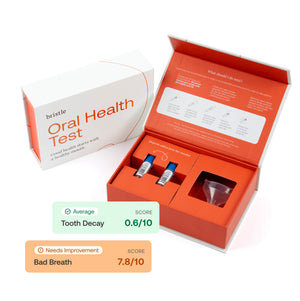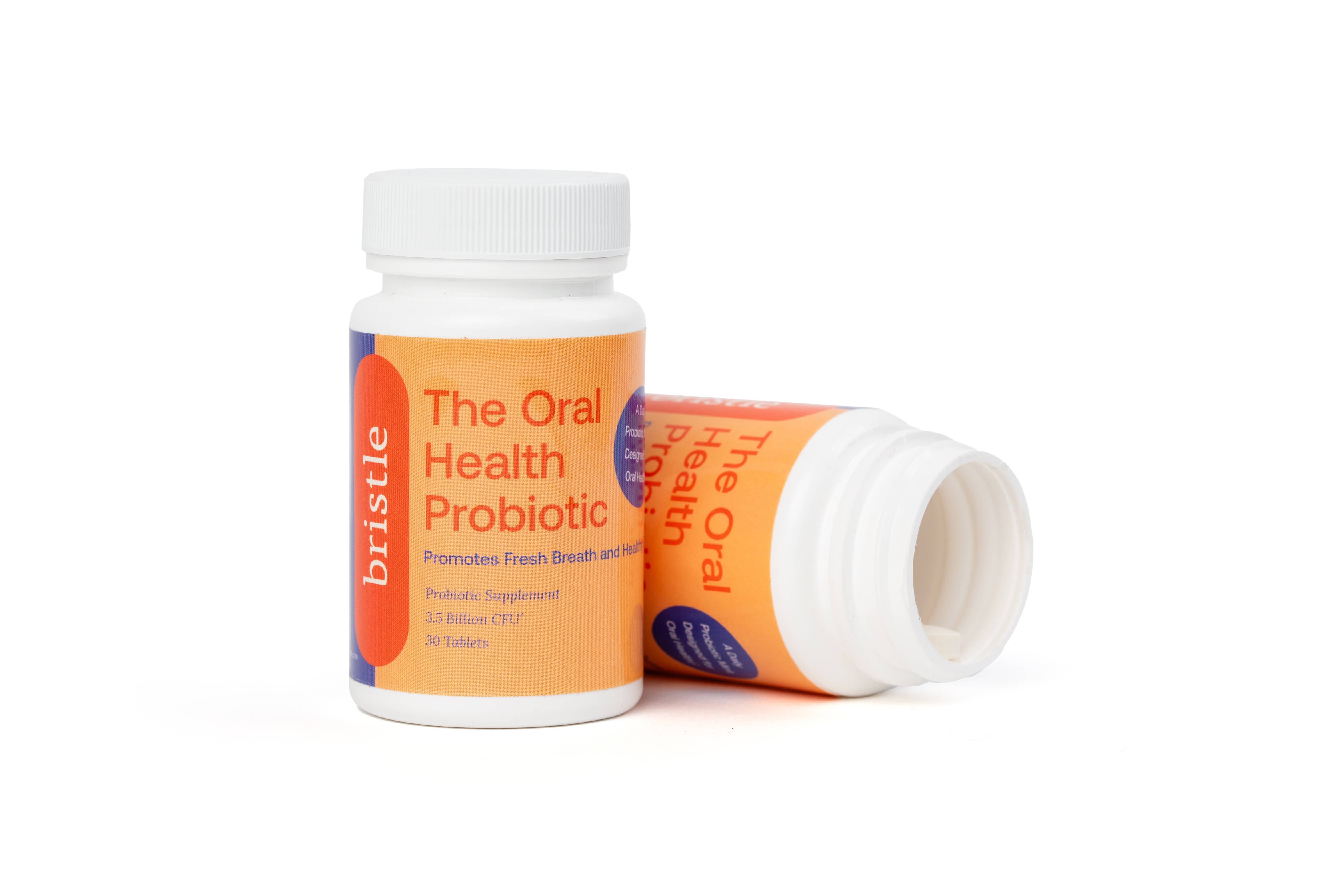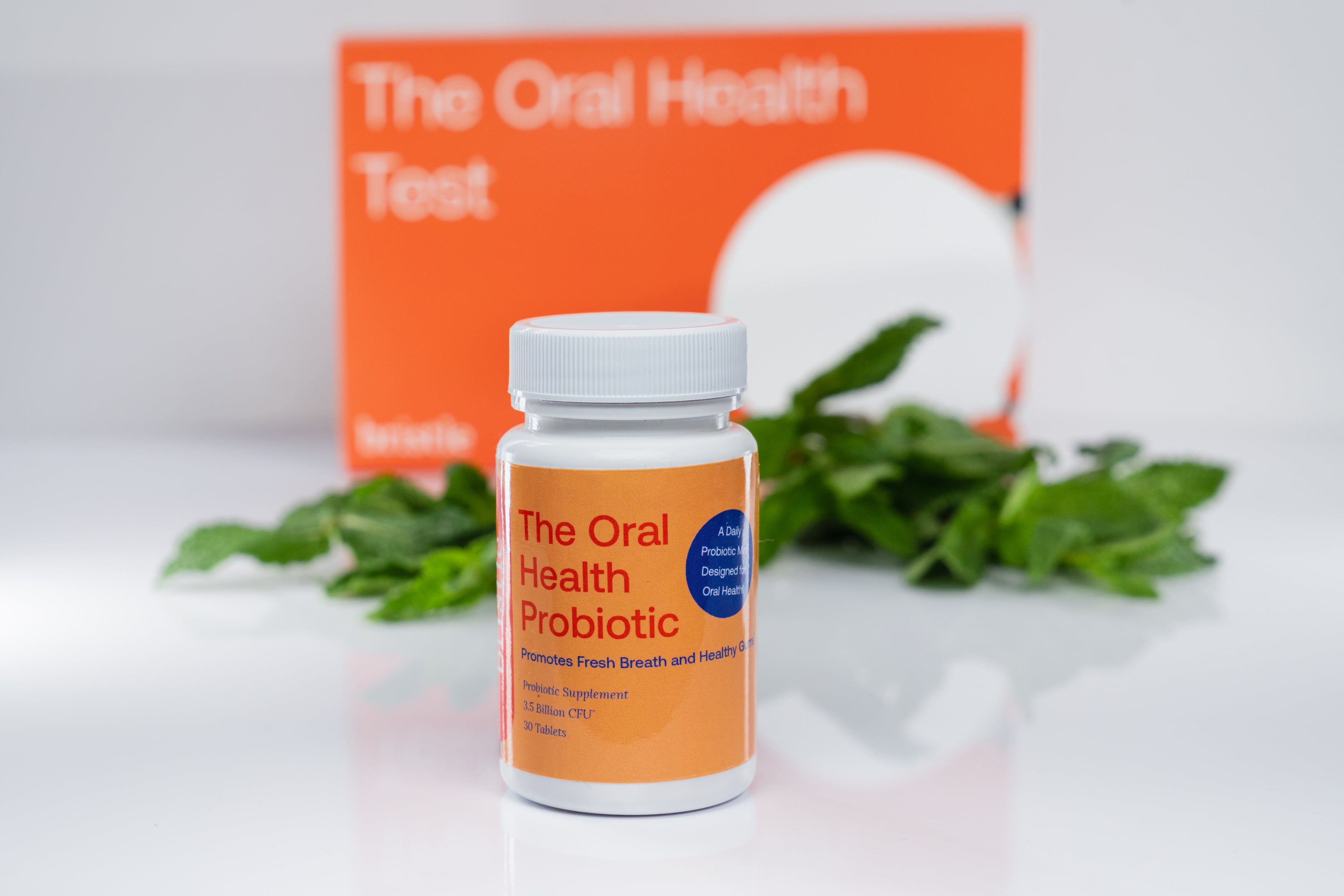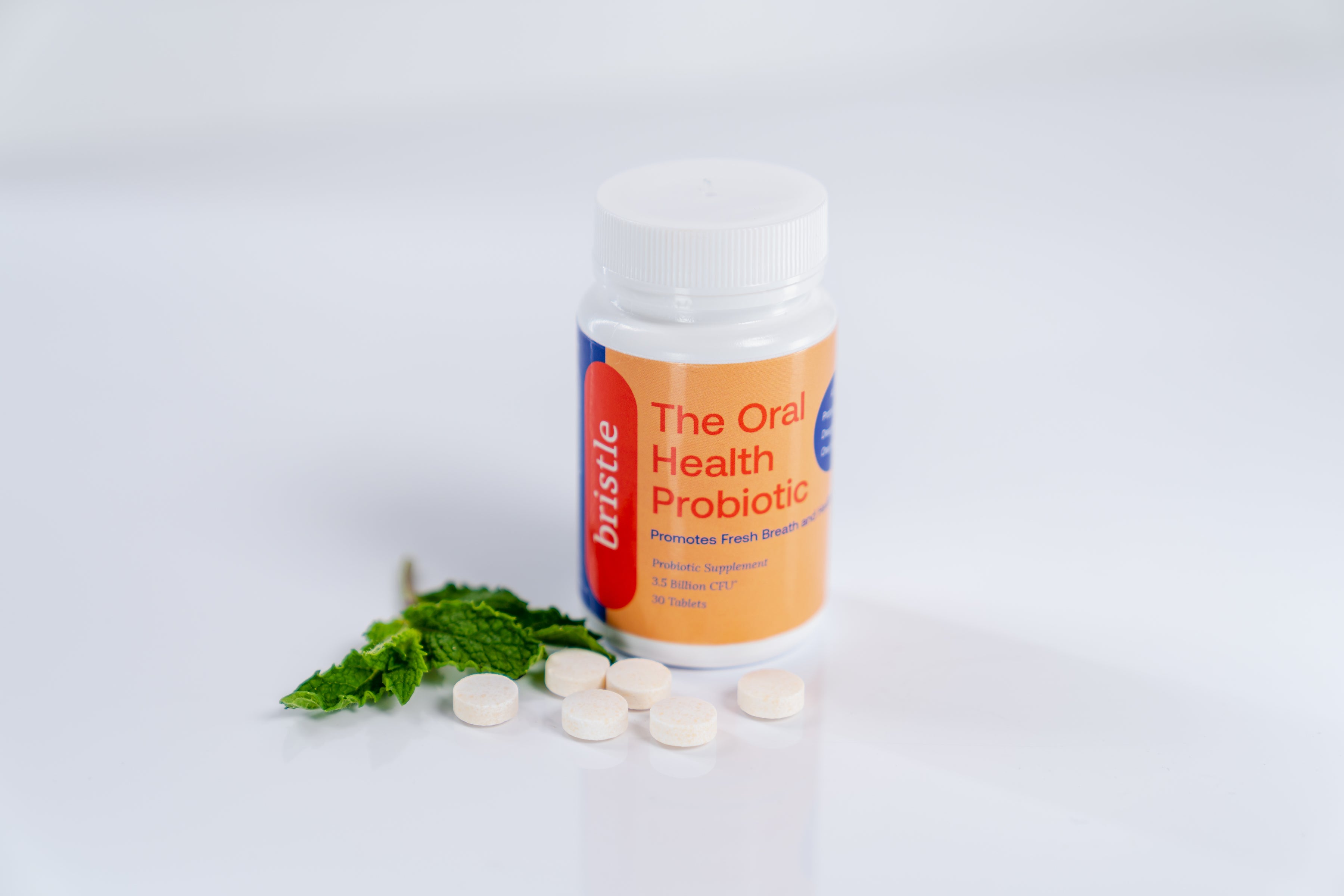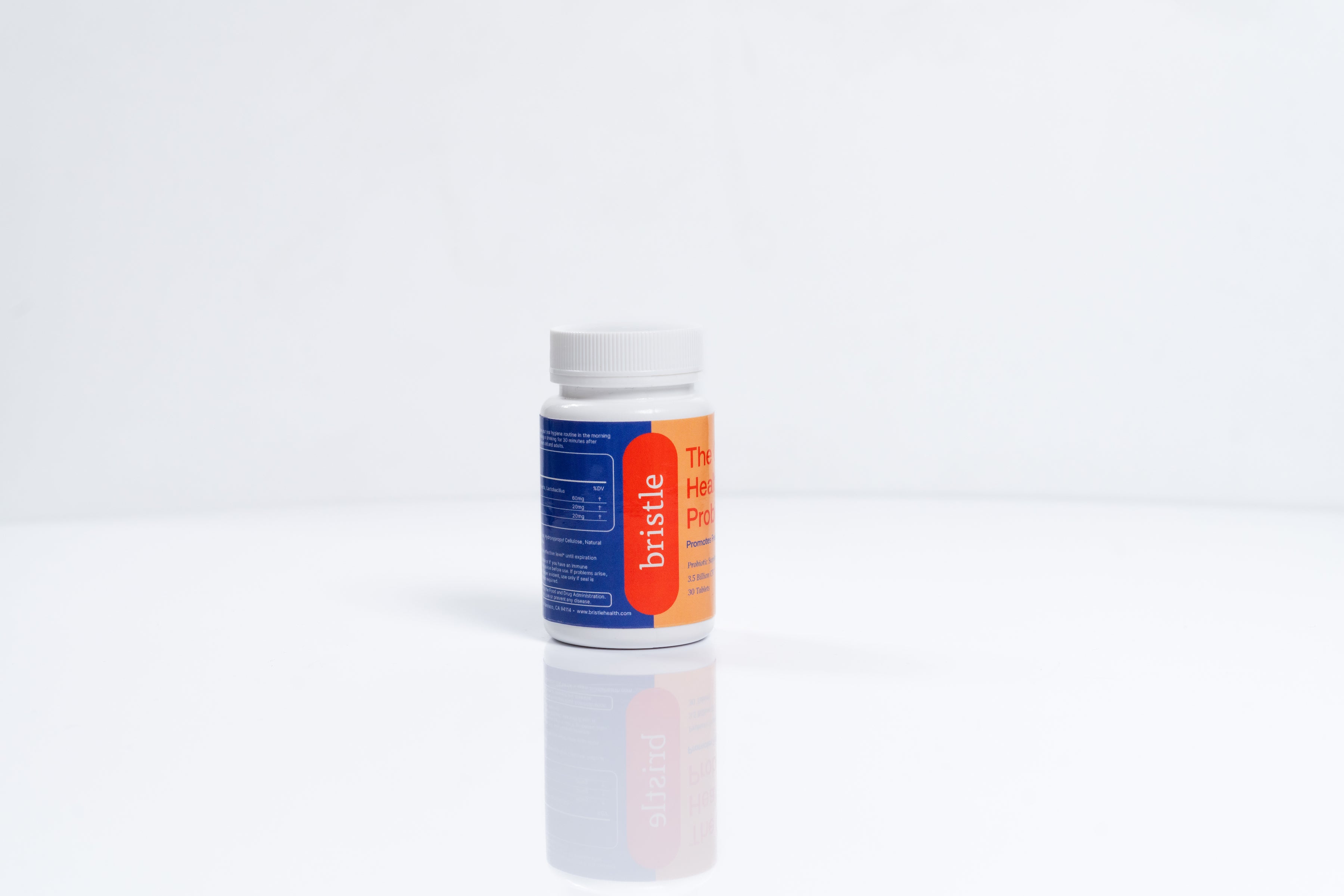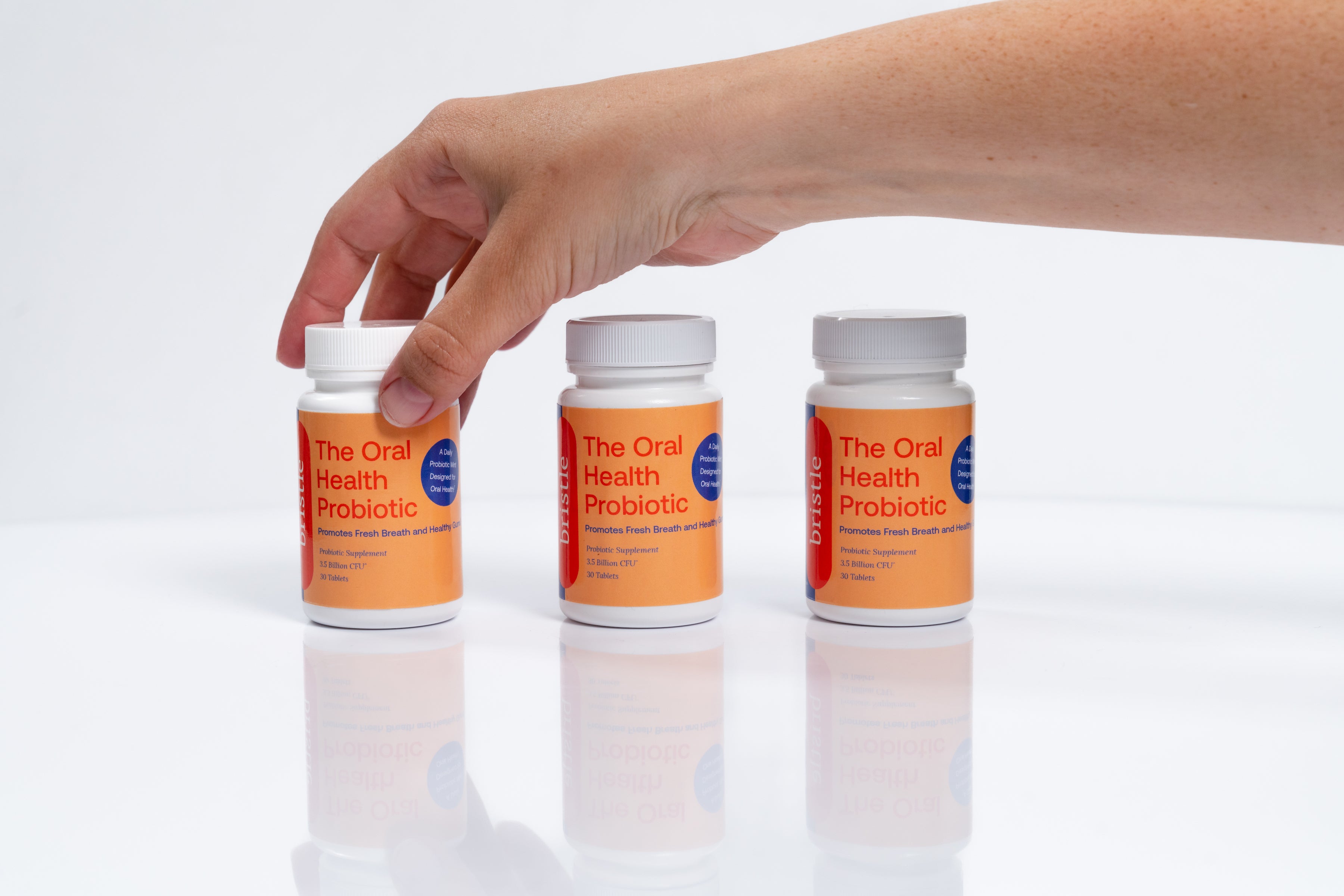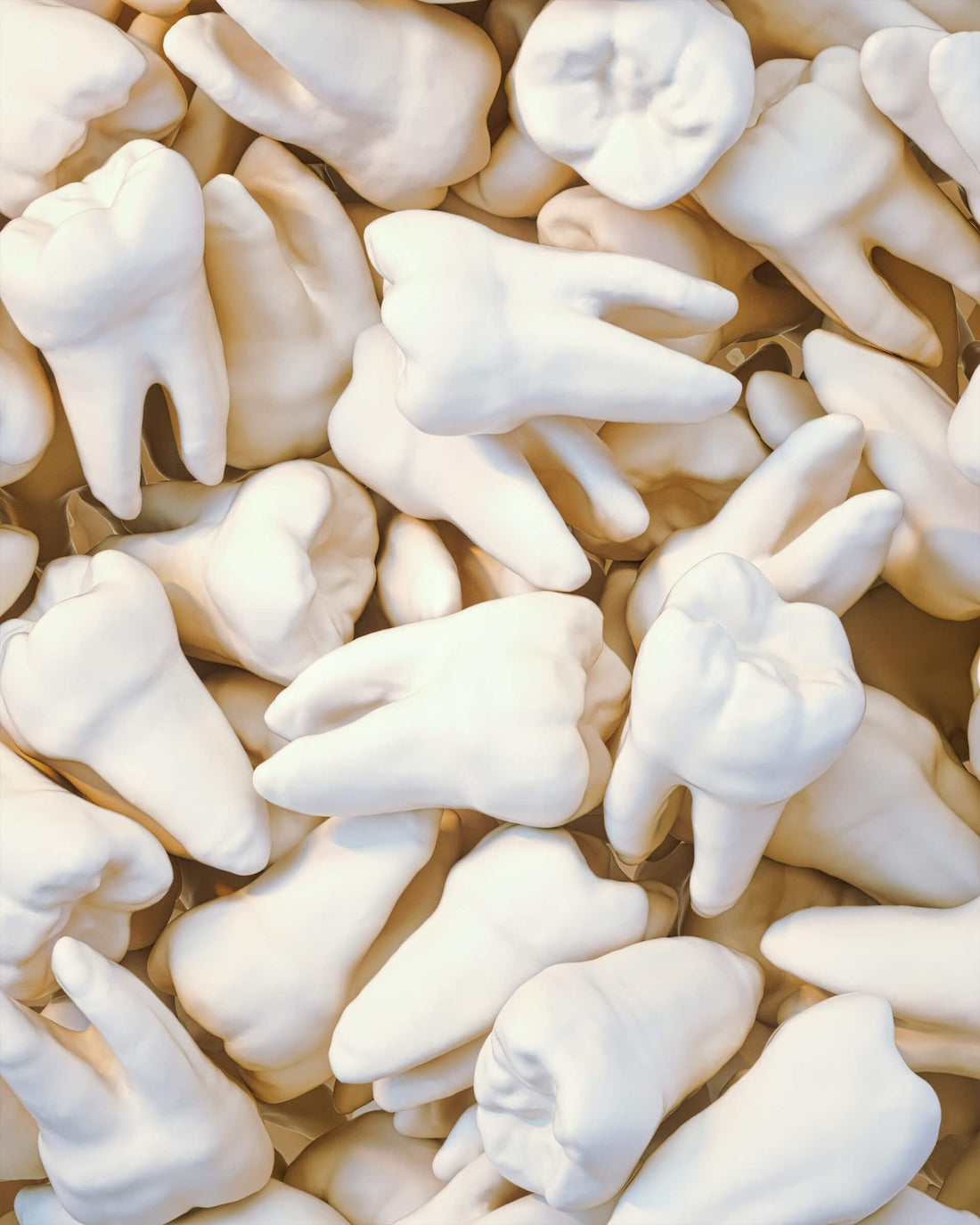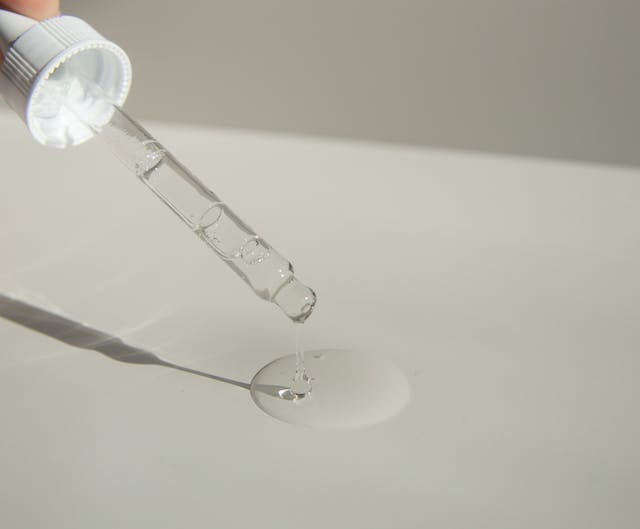Wondering why you always get cavities despite taking all your dentists’ recommendations about brushing and flossing? It might not be entirely your fault! Some people are at higher risk of cavities because of a few health factors that that we’ll discuss in this article. Here we’ll summarize why some people always get cavities and some people never get any, and what you can do to reduce your risk of cavities.
What is a cavity?
A cavity is tooth decay, which is when the surface of the tooth has become damaged to create a literal hole, also known as dental caries, or cavities. Tooth decay can progress from a small hole to a large one over time. Incipient caries, which are the earliest cavities, are where damage to the tooth enamel is minor, and it can still be repaired through the normal process of remineralization.
Products containing hydroxyapatite have been shown to improve remineralization, and protect enamel from decay. Additionally, remineralization is a natural process where the cells in your teeth bind to calcium ions, and repair the enamel at the surface of the tooth.
If an early cavity is left to grow, decay can continue to damage the internal layers of the teeth, including the dentin and pulp. Decay at these layers causes irreparable damage that requires a dental filling to repair. These later stage cavities can be extremely painful and typically do not resolve on their own. In these deep cavities, it’s common for bacteria to invade the cavity, and cause a painful infection that requires a root canal.
What causes cavities?
Cavities are caused by specific type of bacteria that can live in dental plaque on your teeth. These bacteria are acid-producers are cavity-causing bacteria referred to as cariogenic, meaning they can cause cavities. It’s important to note that not all dental plaque can cause cavities. Dental plaque that harbors these acid-producing bacteria cause acidic erosion of enamel, and eventually cavities. Two of the most common bacteria in the mouth that cause cavities are Streptococcus mutans and Streptococcus sobrinus.
These acid-producing harmful bacteria can rapidly ferment excess sugars in your saliva, and on your teeth. This is a primary reason why avoiding sugar is critical to reducing the risk of cavities. Acid is produced as a byproduct of a process called fermentation, where sugar is metabolized and turned into energy for the bacteria, and acid is secreted by the bacteria in return.
This acid causes a reduction in pH at the surface of teeth. Low pH causes erosion and demineralization of enamel. Importantly, both S mutans and S sobrinus can survive at low pH when other bacteria cannot survive (https://www.ncbi.nlm.nih.gov/pmc/articles/PMC5498100/). This distinguishing feature allows the cariogenic bacteria to quickly grow where no other bacteria are able to.
Research shows that later stage cavities harbor different bacteria that can thrive in an environment where decay has already begun. Lactobacillus species are known to colonize deep cavities,. These Lactobacilli are also able to ferment sugar and survive in the presence of acid (https://www.ncbi.nlm.nih.gov/pmc/articles/PMC4547204/), and have been used as a biomarker of cavities.
So why do I always get cavities?
A number of factors can contribute to your risk for cavities and chronic cavities.

